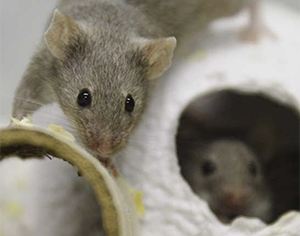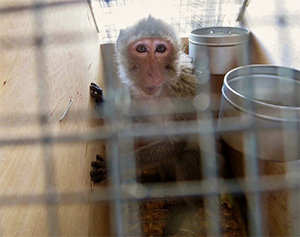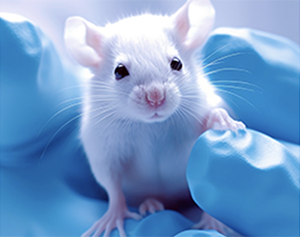Botulinum toxin (Bt) is a neurotoxin which induces muscle paralysis by blocking neurotransmitters. Bt is used for treating medical conditions (such as migraines and lazy eye), and in cosmetic procedures to reduce the appearance of wrinkles.
The manufacture of Bt products is approved for medical purposes – and the use of animals in testing procedures is authorised for that reason. However, huge numbers of practitioners use them “off-label” for aesthetic treatments. “Off-label use” is known to be widespread, but it is not known what percentage is used for cosmetic versus medical applications. Indeed, there has been a documented surge in demand for Bt-based products within the cosmetic industry. In 2022, the International Society of Aesthetic Plastic Surgery estimated over 9 million “Botox” treatments were administered, a global increase of 26.1% compared to 7 million in 2021.
As Bt is a biological product, the potency of each batch needs to be tested and assured before it can be used in humans. The standard method, an LD50 assay using mice, determines the lethal dose that kills 50% of test animals. The increasing demand of Bt products has involved large numbers of animals undergoing ‘severe’ procedures.




